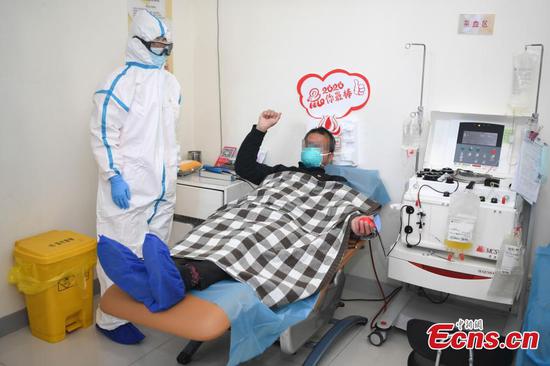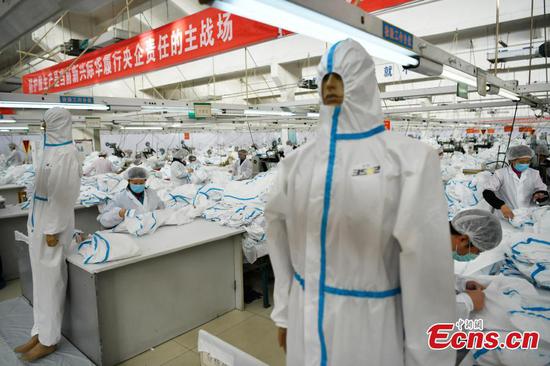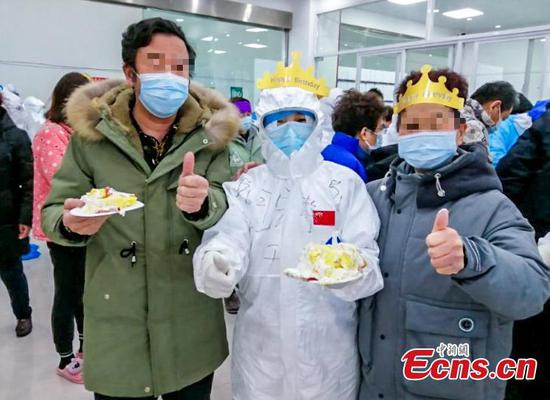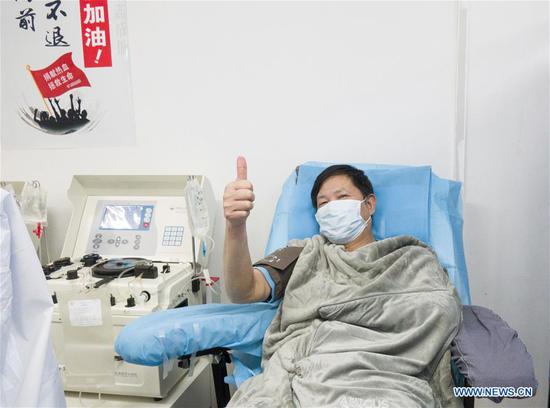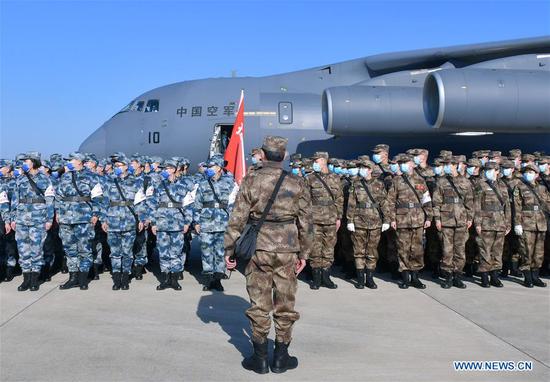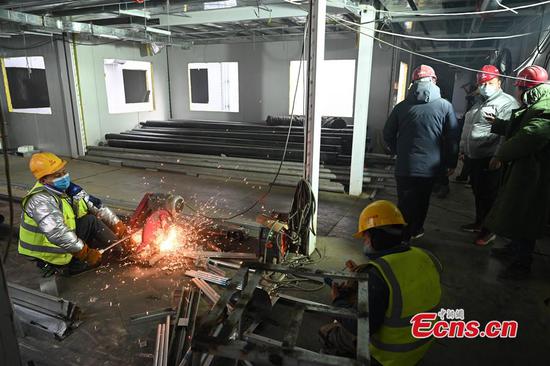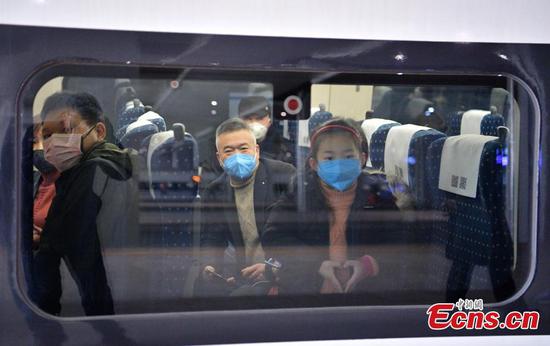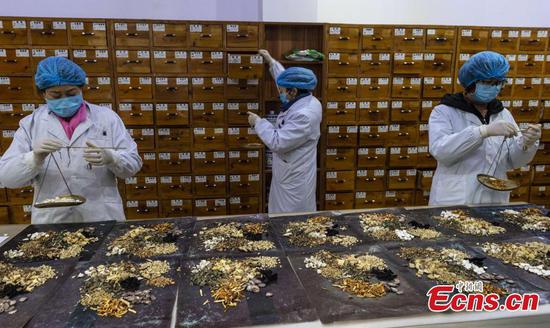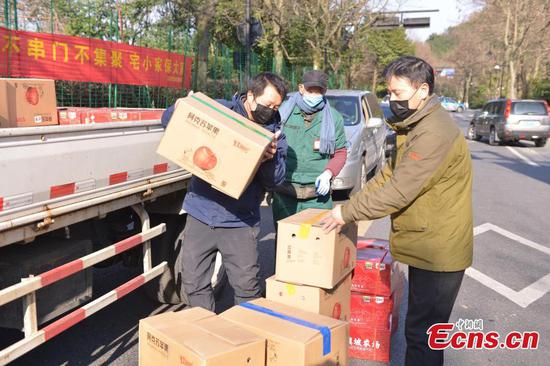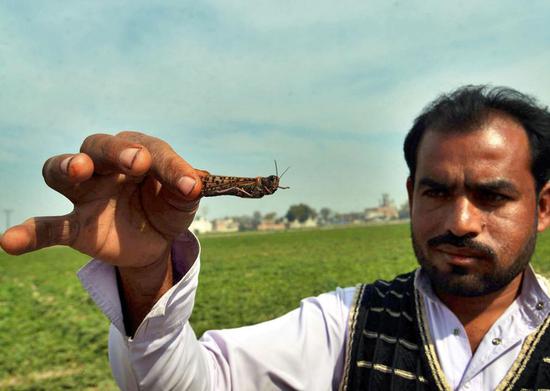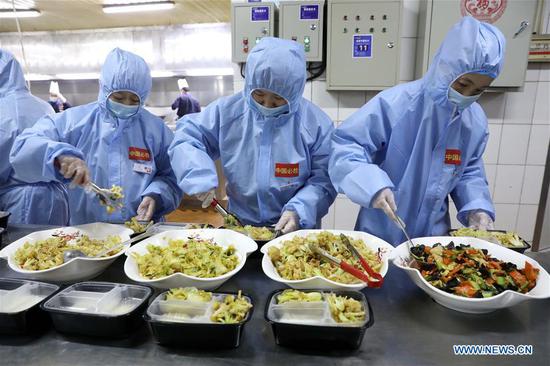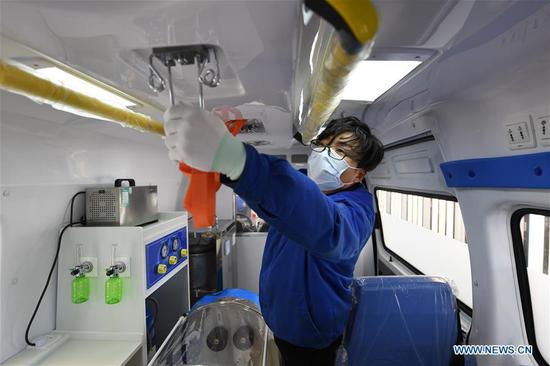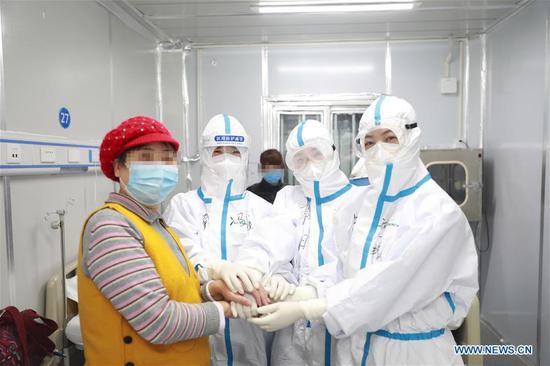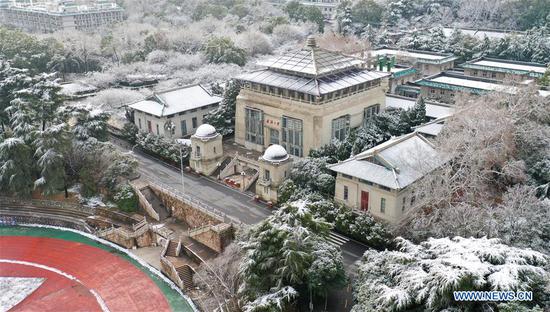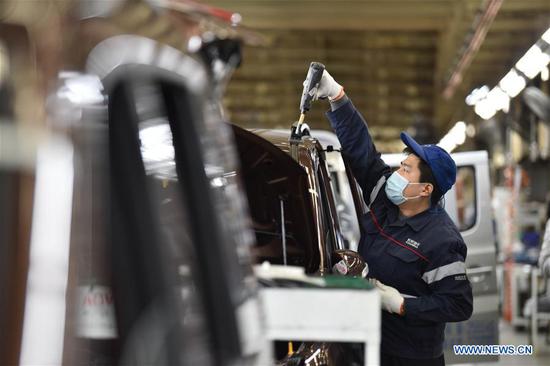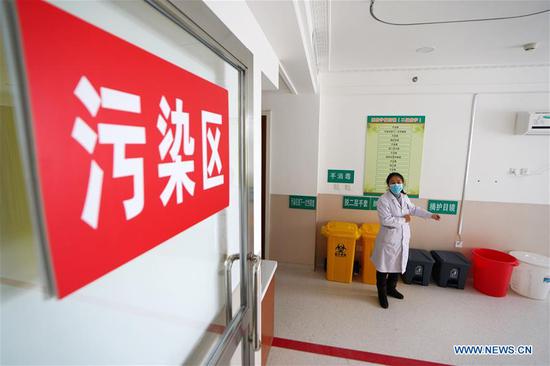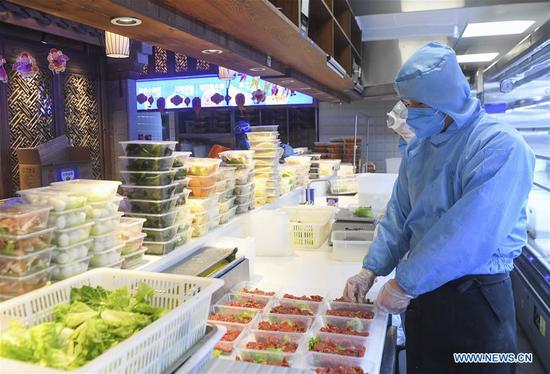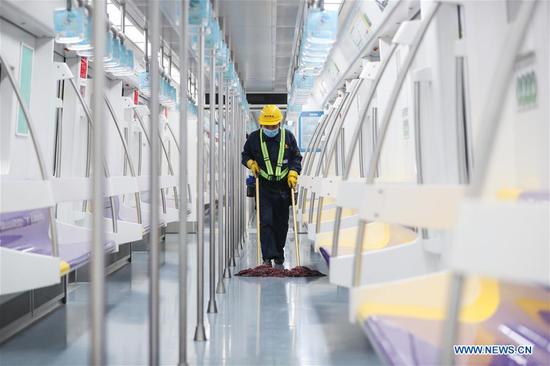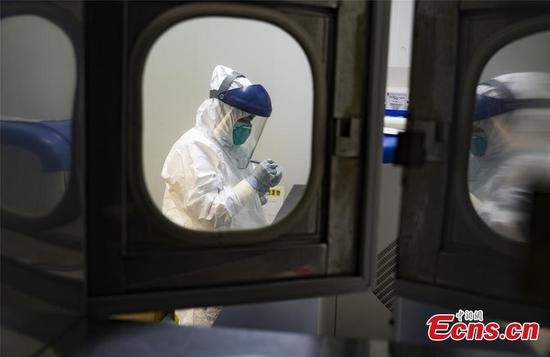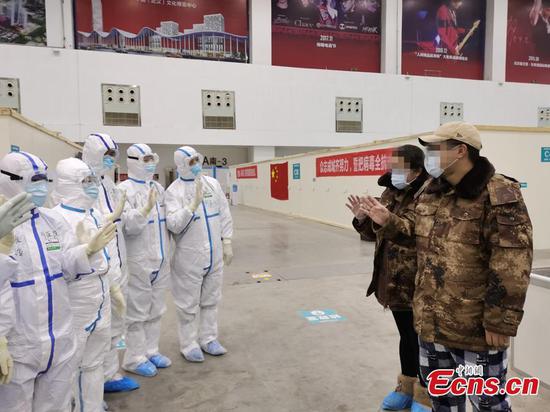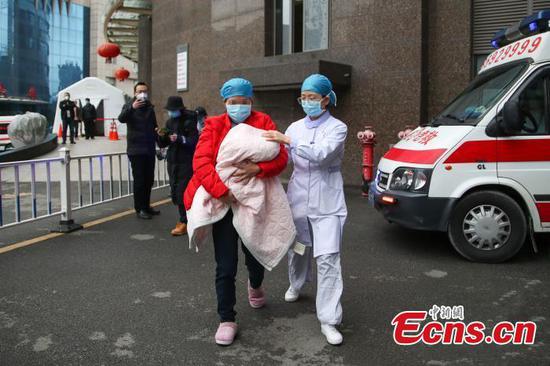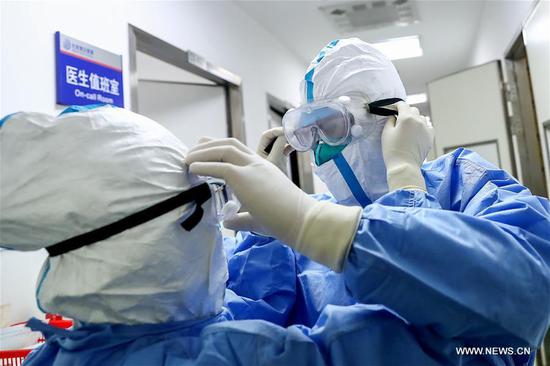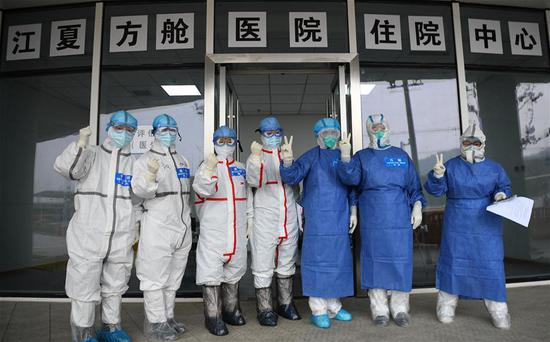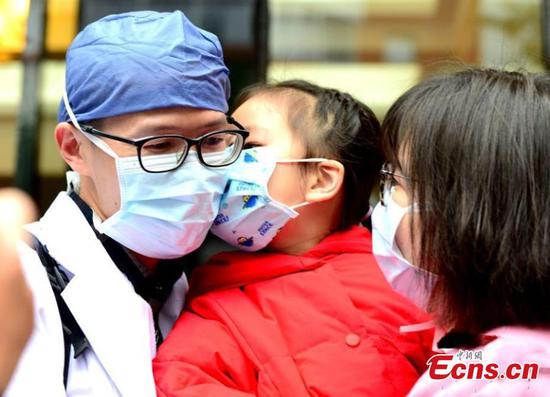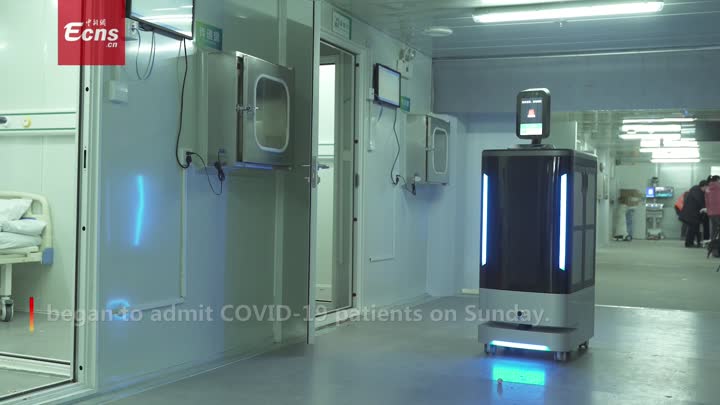Chinese medical researchers have found that the increase of two types of serum cytokines can warn the turning of patients infected with the novel coronavirus into severe pneumonia.
The clinical symptoms of some patients with novel coronavirus disease (COVID-19) show that their illness deteriorates after being hospitalized from one to two weeks, causing the so-called "cytokine storm", which is an overreaction of the body's immune system.
Thus, it is important to find ways to predict or early detect the "cytokine storm."
A research team consisting of respiratory specialists from the Wuhan-based Tongji Hospital, central China's Hubei Province, has selected 29 COVID-19 patients and divided them into three groups of mild, severe and critical illness conditions.
The changes in the indicators of the three groups were compared and analyzed, after the inflammatory cytokines and other markers in their serum were detected.
The research team found that critically ill patients had the most interleukin-2 receptor (IL-2R) and interleukin-6 (IL-6) in their serum, while the patients with mild pneumonia had the least, which showed that the severity of the disease is positively correlated with the expression levels of the two serum cytokines.
However, there were no statistically significant differences in other serum markers among the three groups.
The result indicates that the increase of the two serum cytokines is expected to predict the severity of COVID-19 and their prognosis so that early measures can be taken.
The research result has been published in the Chinese Journal of Tuberculosis and Respiratory Diseases.









